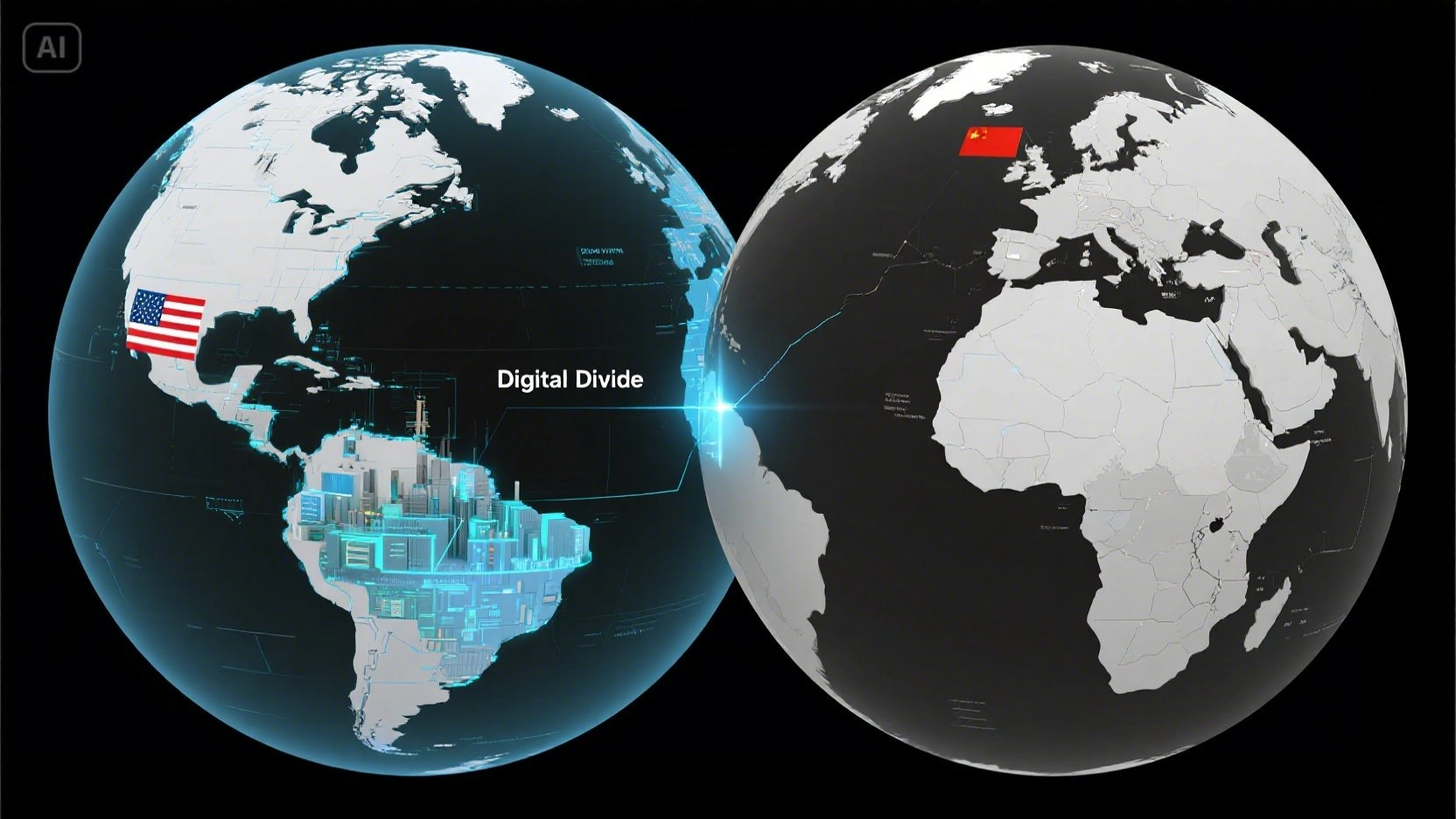AI Governance: New China-led initiative, global importance into AI equity & control

AI Governance: New China-led initiative, global importance into AI equity & control
“The dilemma of the AI age will be different: its defining technology will be widely acquired, mastered, and employed. The achievement of mutual strategic restraint or even achieving a common definition of restraint will be more difficult than ever before, both conceptually and practically” Henry Kissinger
The sudden spike in technological modernization has influenced every sphere of life. The development and innovation in Artificial Intelligence (AI) have unfolded a new form of power struggle in the world, where major powers are utilizing the opportunity to develop their tech sectors and hold this modern tool of power. Hence, AI has become a modern instrument for powerful nations competing in their struggle for dominance. According to realism, AI is a strategic tool of power in the modern world, and nations are striving to acquire and control this emerging power entity. The competition between the U.S. and China has motivated both countries to dominate the field of AI globally.
The U.S. has levied tariffs on major tech companies in China. These companies are major sources of AI-based technology development. In response to these restrictions, China has proposed to establish an international organization that leads the nation-states to cooperate in AI globally.
The Rise of AI as a Global Power:
Artificial Intelligence is a modern concept that has shaped the social, political, security, and economic spheres of life. AI influences global markets (source). The global AI market is valued at around $1.85 trillion. This massive market also affects other sectors such as defense and security. For instance, Israel and Russia have used AI-based military equipment in Iran and Ukraine, respectively. AI is expected to contribute up to $15.7 trillion to the global economy by 2030 through increased productivity and innovation (PWC). Moreover, AI also plays a crucial role in the political sphere, such as political campaigns and targeting voters. Further, WHO claimed modern technologies based on AI have revolutionized the healthcare system. Overall, AI has influenced each dimension strategically, where nations are seeking the opportunity to take advantage of it. Evidently, both the US and China are competing for AI domination to hold power in the future world.
China’s Development and Strategic Motivation:
Power transition theory portrays the perfect scenario of global politics between China and the USA. It argues that conflict becomes more likely when a rising power challenges the dominant global power. Since China’s revisionist policies have posed a major challenge to the dominant power USA, through advancement of their tech sector, particularly AI-based chips. This leverage has motivated the USA to impose tariffs on Chinese tech companies aiming to slow down Chinese AI progress. For instance, the USA levied tariffs on Chinese giant companies including Huawei, SMIC, and ByteDance. Despite these barriers, China has taken major steps to propose a global AI cooperation initiative. This proposal aimed to regulate global AI development. On July 26, the three-day conference in Shanghai cleared the position and ambitious potential for global AI leadership in the 2025 World Artificial Intelligence Conference (WAIC). This strategic clash seems to be the synthesis of power transition theory where the USA as the dominant power is bound to preserve her hold on global order while the revisionist China must mold world order in her favor.
Implications for Global South:
The World System Theory and Dependency Theory critique the digital divide in the world. It argues that the core nations benefit from modern digitalization, while periphery nations lag behind, such as African countries. Resultantly, AI development increases digital divide globally and deepens inequality.
Chinese Premier Li Qiang emphasized that Beijing is willing to share its technology to the world, particularly developing countries. He further added that Trump’s tariffs and other barriers work as a bottleneck to control the supply that will lead to digital divide. Therefore, cooperation via a Global Organization for AI Regulation could help ensure peace and development. According to the Justice Theory of John Rawls, which advocates for fair international organization regulation, we are developing and developing nation’s benefit in this way, a global organization on AI could promote equality and empower the global South via technical cooperation.
Insight
The world is at a threshold where AI is playing a major tool of power to shift the power from the U.S. to China. The USA and China both are competing to turn the world order into their favor. As a realist perspective emphasizes that nations struggle for power. Since AI is a modern element of power, major powers are struggling to gain a dominant position in AI-based tech development. The tariffs of Trump and Chinese response to their Trump portrays a new global power struggle.
✅ Let me know if you’d like a viral X (Twitter) caption or Facebook Reel text for this article.












